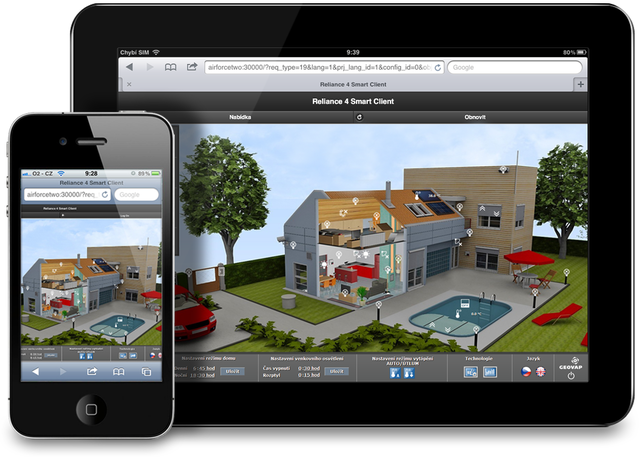I am fortunate to work in a BYOD school where all my students have access to wifi and technology. Almost every student I teach owns a smart phone, and the students who don't own smartphones own tablets or iPods. For the students who don't have access to these devices in class, I provide access to a class iPad or class Samsung tablet. Now, just because the students bring these devices to class does NOT mean that they want to use them for academic purposes, a topic about which I posted here.
 |
| Wait--you want me to use these TO LEARN SOMETHING???? Are you out of your mind? |
I insist on my students using their phones as a research tool. After all, won't they need to do this in college and for their jobs? In fact, can my students create jobs using their cell phones? Consider the app:
According to the Pew Research Center, 78 percent of teens have a cell phone, and almost half own smartphones – and those phones are likely filled with apps. Teens don’t have to be limited to the role of consumer in today’s digital marketplace. All they need is a little know-how and they can solve a real-world problem from the palm of their hand by creating their own app!
In this activity, students will design an app idea to tackle a problem related to public art in their community. For inspiration, show your class the accompanying series of videos of students presenting their app ideas, and then walk them through the Mobile Design 101 lesson as they find app-based solutions to community challenges! EXPLORE: http://to.pbs.org/1Ugsp03
Like what you read? Follow me on Twitter @itibrout!



